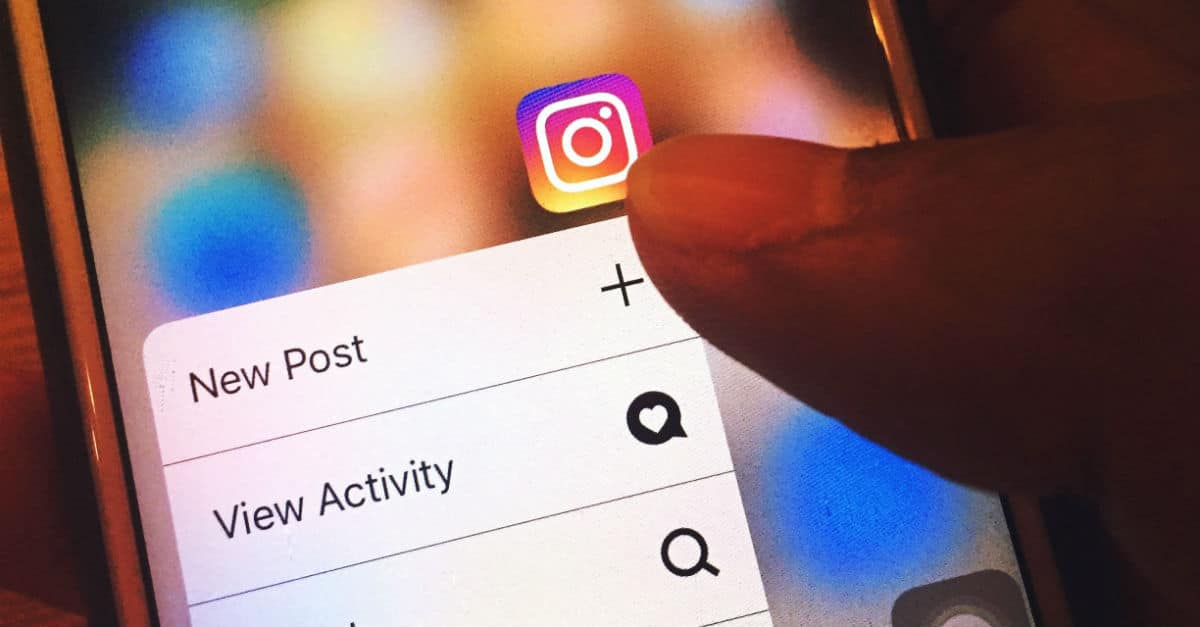

People want to share their favourite songs online – and Social Media is listening. Following the recent launch Instagram are improving the value for their customers, we review the latest features allowing people to create content with popular music, how social media companies are creating online music libraries, these new revenue opportunities for artists and the increase in music data.
People associate songs with their memories, life events and emotions. We are sharing more content online than ever. Whether it be winning the football championship, getting engaged or something as simple as a dog rolling over, people want to share content with the music that is meaningful to them. In recent years, social media companies are recognising their users’ desire to include their favourite songs in the online content they create and post. In contrast to blocking copyrighted music through content ID systems, now social media platforms are creating new ways to integrate music into its products.

In June 2019 Instagram further expanded its music offering to include on-screen lyrics. Now when users add a song to their video or image to their story, they can add the audio as before but now also the lyrics in an overlay. The feature allows users to choose the exact lyrics they associate with their memory or content, creating an even deeper experience.
Continuing Facebook and Instagram’s close partnership with the music industry the lyrics feature was launched by one of the most streamed artists of the year – Billie Eilish who is represented by Interscope, part of the Universal Music Group. This new feature is capturing users’ imaginations and surely will drive engagement with their music features, and so create more streams for artists.
Global music rights revenue is increasing globally, with IEPI reporting 9.7% growth in 2018. Social media is a contributor to this growth with new digital revenue streams for music artists. It is creating more opportunities for songs to be played online through low-level user-generated content, accessible by normal users.
Similarly to the rise of music streaming platforms, the increasing volume of music rights data generated from social media posts must be considered and managed by music rights organisations. As social media companies continue to develop new music features for their applications the scale of music data will only increase. To understand the possible scale of data, Instagram now has 1 billion monthly users. As a result, there is the possibility for massive amounts of music data to be created.
As social media increases the number of plays, it also increases the potential music royalties value gap for artists. Spanish Point Technologies supports global music rights organisations through their robust and secure music matching systems. Our customers not only have the ability to manage the increased scale of data but also close the value gap for their members.
To discuss how your organisation can support this increased flow of music data for your members contact info@spanishpoint.ie or check out our Matching Engine page for more info.